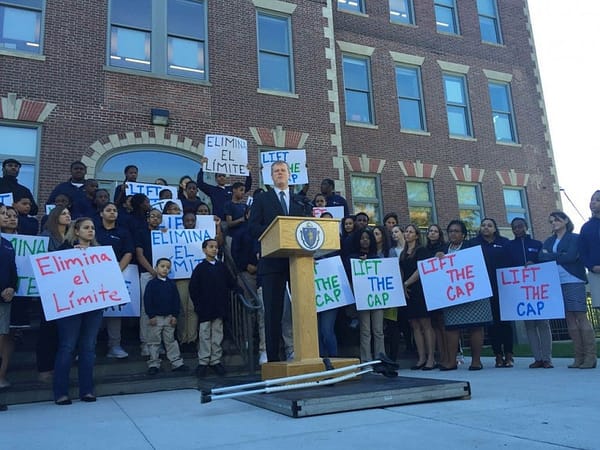Harvard undergrads reshape feminism debate

CAMBRIDGE – Earlier this month, more than 100 Harvard University students, both male and female, declared themselves to be feminists at the seventh annual "Feminist Coming Out Day," the Harvard Crimson student newspaper reported, a tradition started by undergraduates to openly discuss what the term means to them.
More than 78 percent of U.S. college women consider themselves feminists, according to a survey released in June by online women's magazine Her Campus. But the publication said that the meaning of feminism today, beyond the basic concept of equal opportunity for men and women, is less clear.

